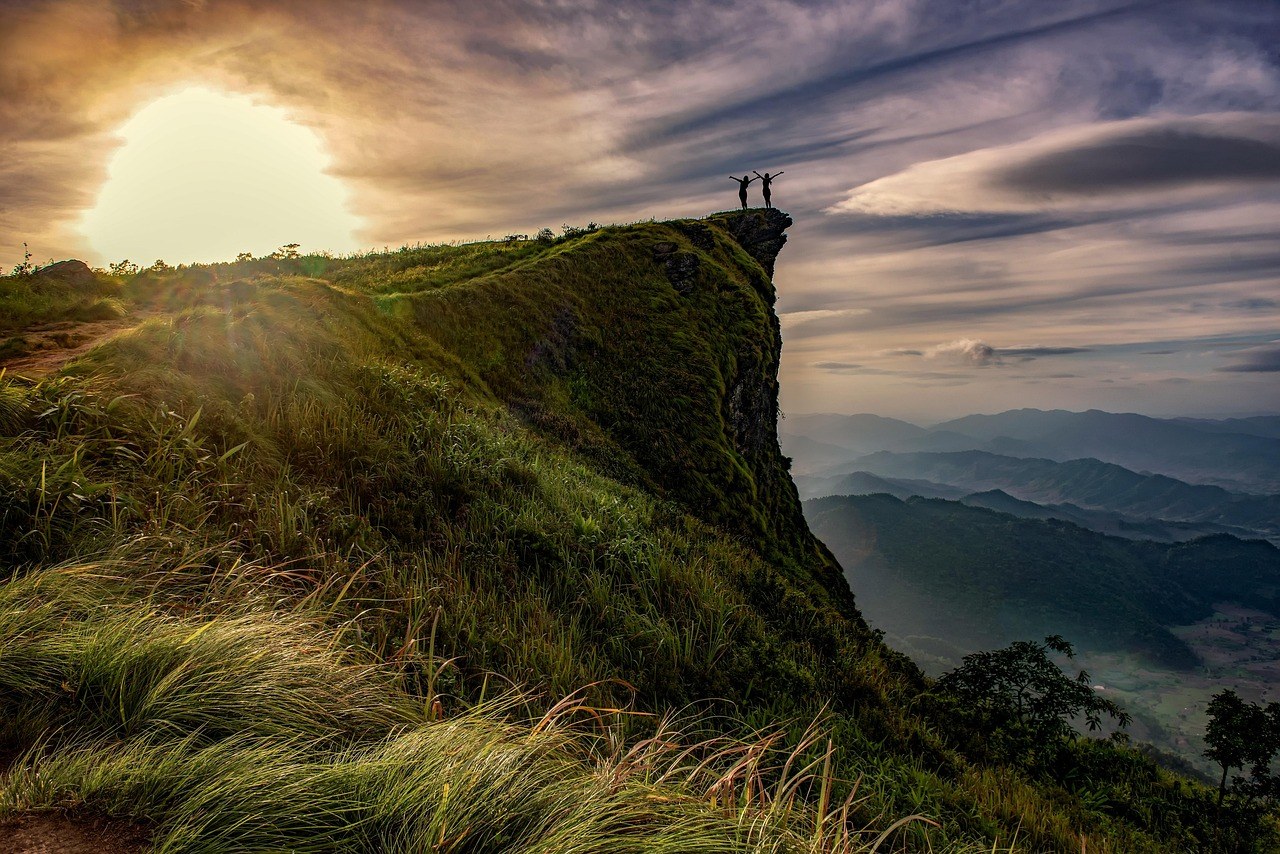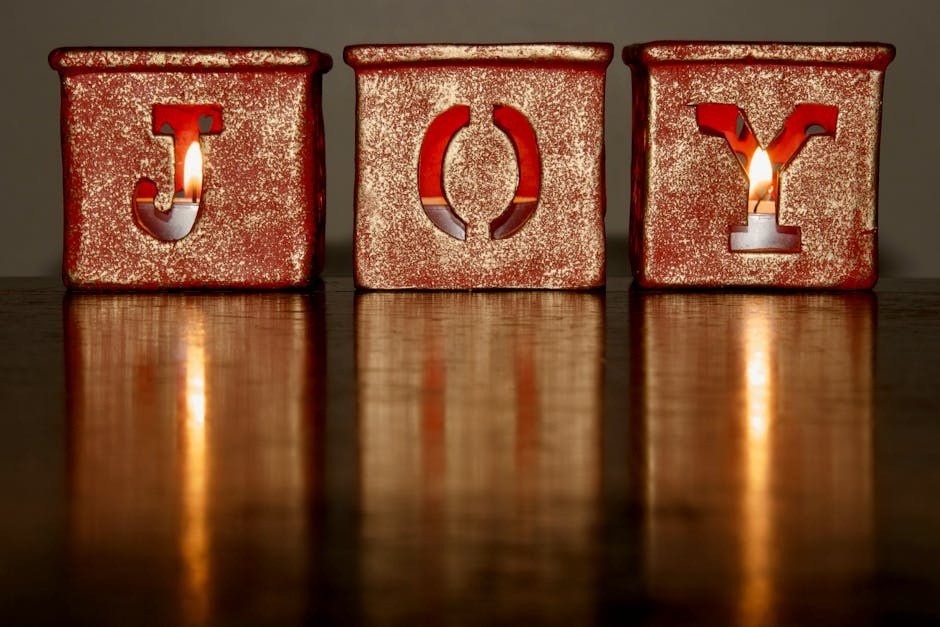Moving from messages to meeting can feel like stepping onto a small stage – the lights are bright, your pulse is quick, and you’re hoping the scene goes well. A first date with someone you met online doesn’t have to be intimidating, though. With a little foresight, a grounded plan, and an open approach, a first date can shift from anxious uncertainty to relaxed curiosity. The ideas below reshape familiar advice into a clear, practical roadmap so you can savor the first date itself rather than worrying about every what-if.
Before You Meet
Confirm steady conversation first. A promising first date usually follows a consistent back-and-forth – not just frequent messages, but meaningful ones. If your chats have grown from quick quips to thoughtful exchanges, you’re likely ready for a first date that feels more natural than forced. Look for signals that both of you initiate topics, respond with care, and show genuine curiosity.
Make sure you’ve gone deeper than small talk. Moving beyond favorite shows and weekend plans into values, interests, or life goals suggests comfort and trust. When you’ve already touched on these areas, a first date tends to feel like a continuation rather than a cold open, which makes the conversation flow.

Check your emotional read – excited, not pressured. A flutter of anticipation is great; a knot of dread is a red flag. A first date should come from your own readiness, not someone else’s timeline. If you notice hesitation driven by pressure, pause – the right moment makes a big difference.
Look for mutual respect in the way you communicate. Do they ask questions back? Do they respect boundaries and respond politely when you disagree? Courtesy online usually translates to courtesy in person. If rudeness or dismissiveness has already shown up, a first date is unlikely to fix it.
Let the idea of meeting emerge naturally. If you’ve both floated the prospect of hanging out and it felt easy, that’s a good sign. A first date framed as a shared choice sets the tone for a relaxed encounter where both people feel comfortable.

Say no to pressure. If someone pushes hard for speed – demanding a same-day meetup or insisting on your address – that’s a reason to slow down. Your first date should be on your terms, not on a clock set by someone else.
Build a simple safety plan. Choose a public place, tell a trusted person where you’ll be, and plan a time to check in. A first date is more enjoyable when you’ve already considered safety – it lets you focus on connection instead of contingency.
Take stock of your bandwidth. If life is in flux – new job, big move, family stress – acknowledge it. A first date is still possible, but knowing your own capacity helps you pace yourself and communicate more clearly.

Make peace with the past. If you’re still processing a previous relationship, name that for yourself before you go. Entering a first date with a willingness to meet someone new – rather than to replay old chapters – makes the experience kinder for both of you.
Clarify what you want. Casual connection, slow exploration, or the possibility of something serious – understanding your intent helps you steer the first date without mixed signals. When your goals are clear to you, your conversation will be clearer to them.
Plan and Prepare
Do a light background check. It’s reasonable to look for a consistent online footprint and to ask for a social profile that shows normal activity over time. It’s also fair to ask mutual acquaintances – if you have them – whether your match is who they say they are. A little diligence before a first date adds peace of mind without turning you into a detective.
Share a mini dossier with a trusted friend. Send a photo, name, and phone number, plus the location and time you plan to meet. This practical step makes a first date feel safer and removes the mental clutter of “what if.”
Enable location sharing or a check-in plan. Use your phone’s built-in tools to share your location with a friend, and carry a charged battery pack. A first date is more carefree when the logistics are handled quietly in the background.
Nominate a “guardian angel.” Ask someone you trust to be on standby and to expect your check-ins. Knowing a friend is tracking your evening – and ready to call if you need an exit – can keep a first date grounded and secure.
Pick a neutral, easy-to-leave venue. Select a location convenient for both of you, with public foot traffic and clear exits. If a first date needs to end early, you can bow out gracefully without logistics turning awkward.
The Meet-Up
Keep the plan simple. Coffee, a casual drink, a walk in a populated area, or a spot with low-key activities – darts, board games, or a quiet patio – all work well. The best first date gives you room to talk and the option to wrap up without ceremony if the energy isn’t right.
Arrive on your own. Drive yourself, take a rideshare, or use public transport. A first date should not require sharing your home address or relying on your match for transportation. Independence equals flexibility.
Do the tiny polish. Mint, deodorant, quick freshen-up – minor details, major confidence. A first date is not a photo shoot, but showing that you care about basics sets a thoughtful tone.
Carry a story in your pocket. Prepare one or two light, true anecdotes – a quirky work moment, a travel mishap, a hobby you love – so you’re never straining for momentum. A first date doesn’t require stand-up comedy, just warmth and authenticity.
Aim to be on time. Punctuality communicates respect. If waiting inside makes you jittery, time your arrival so you can walk in on schedule. A calm start can steady the whole first date.
Hide your phone. Keep it off the table and out of sight. Take a quick peek when they step away if you must, but let the first date be about the person in front of you, not the notifications behind the screen.
Listen like it matters. Nerves can send us into monologue mode. Pause, let them finish, and respond to what they actually said. Active listening makes a first date feel collaborative rather than competitive.
Ask curious follow-ups. When they mention a pivot from literature to tech, or a hobby that surprised them, invite the story behind it. Thoughtful questions – not interrogation – deepen a first date quickly and naturally.
Hold expectations lightly. You can keep your standards while still staying open. If they live with family, for instance, there might be a generous reason. A flexible mindset lets a first date reveal who a person is, not just who you assumed they were.
Let the awkwardness breathe. Spilled water, name mix-ups, stumbles over words – these happen. Name the moment with a smile and move on. When you normalize small glitches, a first date becomes more human and less high-stakes.
Show up as yourself. It’s tempting to present a polished alter-ego – endlessly agreeable, effortlessly chill – but that version is hard to sustain. A first date is the moment to be honest about who you are, kindly and confidently. The right fit will appreciate it.
Lead with respect. Offer a handshake or hug based on their comfort, honor dietary needs, and give space if they set a boundary. Treat your first date the way you’d want to be treated – consistently and without commentary.
Don’t dwell on your ex. A passing reference to what you learned is fine; a detailed history lesson is not. A first date is about the two of you exploring something new, not revisiting what didn’t work before.
Give the connection room to grow. Instant fireworks are fun, but slow sparks often last longer. If conversation is good even without an immediate rush, a second look might be worth it. A first date can be a beginning, not a verdict.
Offer to pick up the tab. Reaching for the check is a simple gesture that communicates appreciation and independence. However the bill is ultimately handled, a first date benefits from generosity of spirit.
Keep drinks in check. A beverage can loosen nerves; too many can blur judgment. Decide on a personal limit beforehand and alternate with water or snacks. You’ll remember more – and enjoy the first date more – when you stay clear.
Make eye contact. Looking up and meeting their gaze encourages trust and helps conversation find its rhythm. On a first date, small cues – a nod, a smile, a steady glance – can say as much as words.
Tell someone your plan. Send the venue and timeframe to a friend, and let them know when you’re home. Safety isn’t dramatic – it’s responsible. A secure foundation frees your attention for the first date itself.
Keep it concise. Aim for under two hours. If you’re both delighted, you can plan a follow-up. If you’re unsure, a shorter first date prevents mixed messages and keeps the evening light.
Stay PG at the pace you prefer. Affection is personal; you set the boundary. A brief hug or a goodbye kiss is plenty if you’re still feeling it out. Protecting your pace makes the first date – and whatever might follow – healthier.
State your intentions clearly. If you’re exploring casually, say so. If you hope for something more, you can hint at that without turning the first date into a summit. Clarity prevents crossed wires and keeps goodwill intact.
After You Part
Keep perspective. This was a coffee, not a contract. Whether it clicked or fizzled, you invested an hour or so, learned something, and now you know more than you did that morning. A first date is one scene in a longer story – not the entire plot.
Send a thoughtful follow-up. If you’re interested, message the next day to say you enjoyed meeting and would like to do it again. If you’re not, be kind and direct – a brief note that you don’t feel the match is better than silence. A first date deserves closure, not guesswork.
Watch for clear warning signs. Some quirks require context; others merit distance. Evasiveness about basic details, aggressive behavior, or signs of dishonesty are serious concerns. If something felt off during the first date, you can trust that feeling and step back.
Reflect before deciding on next steps. After nerves fade, replay the conversation gently. Did you feel at ease? Were your values respected? Did their actions match their words? A short pause to reflect turns a first date into useful insight.
Decline politely if it’s not a fit. You don’t need a long explanation. A brief, respectful message closes the loop and allows both of you to move on with dignity. Ending well makes room for the right first date with someone else.
Conversation Starters and Soft Skills
When you’re preparing for a first date, it can help to have a few conversation pathways in mind – not scripted lines, just pockets of curiosity you can tap when the energy dips. Consider these topic areas to nudge the dialogue forward without forcing it.
Origin stories. Ask how a hobby began or why they chose their field. People light up when telling the story behind what they love, and a first date thrives on that kind of authentic spark.
Micro-preferences. Favorite neighborhood spot, comfort food, rainy-day routine – small preferences reveal personality. These details make a first date feel textured and real.
Future-curious questions. “What are you learning right now?” or “What would you love to try this year?” Avoid heavy life plans; aim for gentle possibilities that keep a first date playful and forward-looking.
Shared experiences. If you discover overlap – a podcast, a local trail, a game night – explore it. Shared ground is the easiest bridge on a first date.
Mindset for Confidence
Confidence on a first date doesn’t come from pretending; it comes from preparation and presence. You’ve checked your safety boxes, clarified your intentions, and chosen an easy venue. Now all that’s left is to show up and pay attention. When you treat a first date as an experiment – a chance to learn about another person and yourself – you remove the burden of perfection and replace it with curiosity.
Remember, connection doesn’t measure up on a single metric. Sometimes the chemistry is immediate; sometimes it’s gentle and slow. Sometimes the most valuable first date simply proves you can try again. There’s freedom in that – freedom to be yourself, to set boundaries, to ask good questions, and to end the evening feeling proud of how you handled it.
Putting It All Together
Here’s the simplest way to frame it. Before the meeting, make sure conversation has substance, your excitement outweighs your anxiety, and your safety plan is set. Plan a low-pressure venue and keep logistics under your control – transportation, timing, and a clear exit. During the first date, listen with curiosity, ask real questions, keep your phone away, and let awkward moments roll off your shoulders. Afterward, respond kindly – either with an honest no or with an invitation to meet again.
Do this and you’ll transform the first date from a high-wire act into a comfortable stroll. You’ll notice more, enjoy more, and make better decisions. Most of all, you’ll give yourself permission to experience a first date as it’s meant to be experienced – not as a test you must ace, but as a human encounter full of possibility.